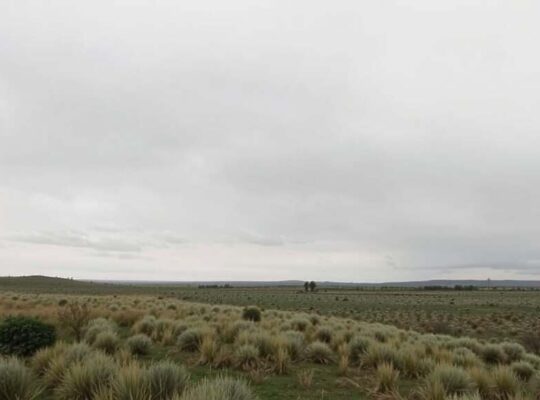Recent polling data suggests the German Green Party faces challenges in expanding its voter base beyond its established support groups. According to Manfred Güllner, head of the Forsa Institute, achieving significant growth beyond the ten percent mark in nationwide surveys appears difficult at present. He indicates that ambitions for the party to evolve into a broad-based “people’s party” are currently unrealistic.
Analysis of the recent federal election reveals a shift in younger voter preferences, with the Left Party emerging as the strongest force among 18-24 year olds, significantly outpacing the Greens. The Left Party garnered 21 percent of votes from this demographic, compared to the Greens’ nine percent. Güllner suggests that if this trend continues, the Greens’ current level of support is also at risk, given the importance of this age group for the future electorate.
Currently, the Greens’ support is largely concentrated among higher educated and income demographics, primarily in major cities in Western Germany, with some presence in Leipzig and Dresden in the East. The party lacks broad geographical roots, particularly in eastern regions and appears largely confined to a core voter base connected to the public sector, educational institutions and media professions.
Güllner notes the limited scope of the Greens’ appeal within the political center, focusing on a niche segment of high-income, highly-educated voters. Furthermore, the party is experiencing a lack of incoming support from younger demographics. While the polling expert doesn’t foresee an immediate threat of the Greens being voted out of parliament like the Free Democratic Party (FDP), he cautions that a long-term decline in support is not impossible.












